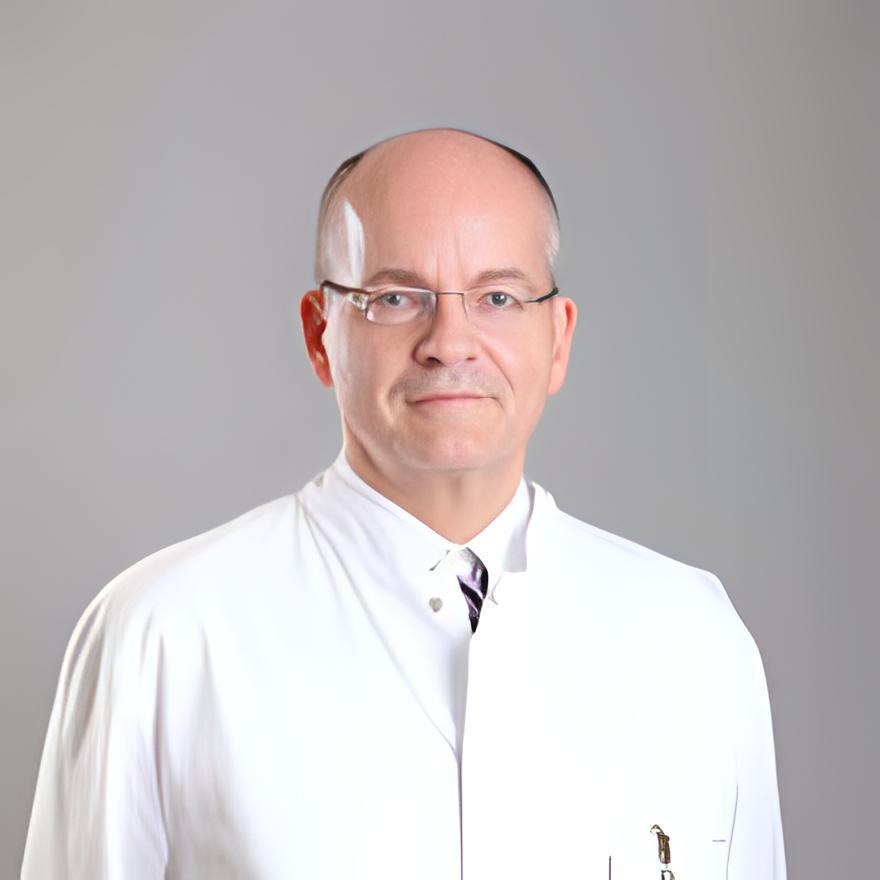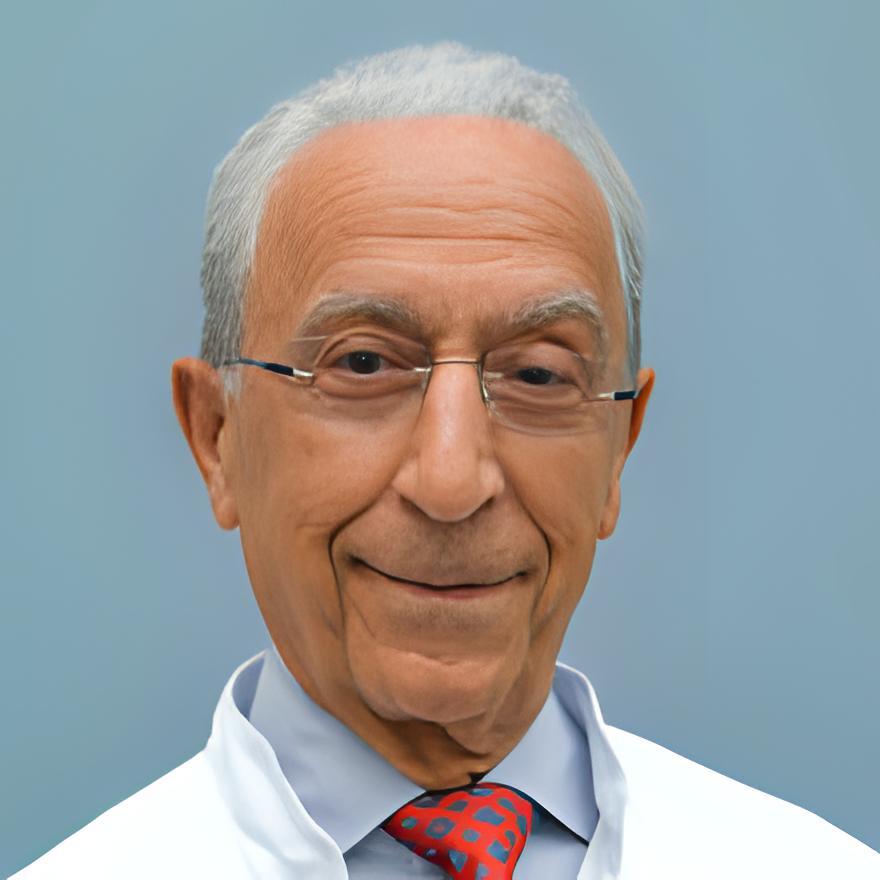Germany Healthcare System Overview
All countries of the world today are faced with health problems. Social problems, poor ecology, hard work under stress, and virus mutations negatively affect human health. The German healthcare system is considered one of the most developed and promising worldwide. In this overview, we will tell you about the success of German clinics, why people trust the medical system in Germany, and how to seek treatment if you have made such a decision. So, why do a quarter of a million foreign patients come annually for check-ups and treatment?
Overview of the Germany healthcare system
The high level of service is explained by the favorable conditions for scientific progress and active participation of the state in financing the German health system. Following the German Federal Statistical Office, the gross domestic product (GDP) volume in 2021, despite the pandemic, increased by 2.7% compared to 2020 and amounted to 3817.1 billion dollars. On the other side, the International Monetary Fund says that German GDP per capita in 2021 amounted to 50,787 euros and ranked 16th globally. The WHO recommended volume of spending of any country on medicine should be 7% of GDP.
 In many states, healthcare costs are only 2-5% of the GDP. In Germany, this figure is about 11.3% of the GDP. Annual spending on German health accounts for more than 11% of the GDP. Currently, they cost the country almost 300 billion euros. That has no analogs in the world.
In many states, healthcare costs are only 2-5% of the GDP. In Germany, this figure is about 11.3% of the GDP. Annual spending on German health accounts for more than 11% of the GDP. Currently, they cost the country almost 300 billion euros. That has no analogs in the world.
The funds go to:
- re-equipment of hospitals;
- introduction of progressive treatments;
- stimulating the medical industry;
- development of effective drugs;
- setting up rehabilitation centers.
Also, the health system's needs in Germany carried out this by introducing compulsory medical insurance in the country. In addition, medical institutions receive state investment subsidies. Furthermore, the growing influx of medical tourists has increased clinic funding in recent decades. Therefore, cash injections have a beneficial effect on the quality of healthcare in Germany.
German standards in medicine
All activities of medical institutions in Germany's healthcare system are subject to mandatory certification, accreditation, and quality control of services. Quality standards are set by the German Institute for Standardization DIN (Deutsches Institut fur Normung e.V.), founded in 1917. Next, you can find out some standards. Their compliance allows medical institutions to provide services of the highest quality:
- KTQ. It is a standard of medical services management and cooperation to ensure transparency of the health system in Germany.
- MAAS - BGW. It regulates the quality of health and safety of medical staff.
- QEP. The standard provides the rational use of human and financial resources in Germany's healthcare system.
- ISO 9001. It is an international quality standard for medical management. Increases transparency of operations and minimizes the level of errors.
- DIN EN 15224. The special requirements for patient safety and clinical risk management.
Innovative equipment
Most clinics in Germany's health system are equipped with the latest technology. As a result, they can detect many illnesses in their early stages and reduce the risk of complications.
- Fresenius SE & Co. KGaA is the world's largest manufacturer of equipment, consumables, and instruments for dialysis and the treatment of chronic renal failure.
- Siemens Healthcare in Germany is a segment of a large medical and diagnostic equipment manufacturer.
- B. Braun Melsungen AG is a pharmaceutical company with branches and factories in more than 60 countries and more than 64.000 employees.
 New research makes it possible to update equipment in the German healthcare system every 3-5 years. Outdated equipment is sold to CIS and African countries, and German clinics receive new ones.
New research makes it possible to update equipment in the German healthcare system every 3-5 years. Outdated equipment is sold to CIS and African countries, and German clinics receive new ones.
Germany is one of the most significant participants in the global pharmacology market. Today there are over 640 pharmaceutical companies taking care of health in Germany. The
giants with a century-old history:
- Bayer is a multinational chemical and pharmaceutical corporation. Their original heroin and aspirin brought the company worldwide fame.
- BASF is the most significant chemical concern in the world.
- Hoechst GmbH is the most significant chemical and pharmacological company.
Pharmaceutical companies are constantly producing new drugs for Germany's medical system and improving existing ones. However, other countries often use so-called generics (cheaper analogs of drugs). They reduce the effectiveness of treatment and can provoke undesirable side effects.
Availability of new therapies
Germany's healthcare system is one of the leading in terms of allowing its citizens and medical tourists to use the latest advances. Every year new and more effective methods of treatment of various diseases appear. They are all available in Germany as soon as they are proven effective in clinical trials.
New cancer treatment in Germany
 Germany's healthcare system offers innovative ways of timely diagnosis and treatment of different cancer forms:
Germany's healthcare system offers innovative ways of timely diagnosis and treatment of different cancer forms:
- Transarterial chemoembolization. A special drug is injected into the vessel feeding the tumor, which disrupts blood flow. Cancer does not receive nutrition and is destroyed. The method is effective and does not cause side effects or complications.
- Lutetium therapy-177. This method effectively destroys neoplasms and metastases. The drug does not harm healthy cells.
New cancer treatment in Germany's healthcare system significantly increases the survival rate of patients even with stage 4 cancer. In 64% of patients, the tumor size decreased by more than half. The main thing is early detection. Then treatment may be limited to minimal intervention.
Only in Munich are located 265 biotechnology companies. BioNTech SE and NRW. Global Business GmbH is engaged in developing and producing active chemotherapeutic products for an individual approach to treating severe diseases in the German healthcare system. All this ensures the use of modern methods following the latest medical discoveries.
Accurate diagnosis
Every center in the German healthcare system has a diagnostic and laboratory base
for research. This colossal advantage ensures a complete examination before starting treatment. In addition, advanced methods and technologies allow us to choose therapy based on high-precision detailed visualization. In the end, specialists in the German healthcare system demonstrate the lowest level of medical errors in the world - 0.35%. Accurate and timely diagnosis + correct treatment = victory over the disease.
The best medical professionals
The high level of the health care system in Germany is not only generous funding. Another component of success is the long-term training of future specialists, rigorous exams, and clinical practice.
The fundamental principle of the German healthcare system is to observe the Hippocratic Oath. Therefore, diagnostics, procedures, and other issues related to treatment in Germany are entirely confidential.
The connection between science and practice in the German healthcare system
All clinics work under the patronage of leading universities. It is beneficial cooperation because the students can undergo an internship in hospitals. Therefore, doctors have solid theoretical training and practice in leading medical centers.
What about German doctors?
About 300.000 doctors work in the field of healthcare in Germany. Half of them (47%) are employed in public university clinics. The rest are privately practiced or work with private health institutions, which number more than 2.250. Each clinic keeps statistics showing different indicators, such as therapeutic performance, mortality, number of complications, etc. So naturally, all negative statistics affect the reputation of healthcare in Germany.
Every year, the reputable Focus magazine publishes a rating of the "Best doctors in Germany." The quality of therapy, the number of successful operations, postoperative complications, and the rate of wound healing are evaluated. The German healthcare system has given the world a lot of famous doctors and scientists. Among them is Robert Koch, Heinrich Quincke, and Rudolf Ludwig Karl. For example, in Germany, there are 16 Nobel laureates in medicine or physiology (3rd place in the world, after the USA and England, and Russia are in 14th place).
The country's financial well-being and high salaries of doctors attract the best specialists from all over the world. They go there to practice medicine and do science. So, the healthcare system in Germany has the best medical personnel. It is another reason for the high popularity of this medical tourism.
Selected doctors in Germany - AiroMedical rating
Cost of Germany's universal healthcare
One of the conditions for treating foreigners in Germany is prepayment, so patients need
to know the prices in advance. Since it is difficult to calculate the course cost accurately, clinics announce the maximum amount for this type of treatment. The final cost of healthcare in Germany depends on the complexity of the operation, the amount of the doctor's fee, the drugs used, and other factors. However, if less is spent, the legislation allows not to return the difference to a foreign patient. Therefore, it is advisable to send a request to several clinics.
The benefits of the healthcare system in Germany attract tens of thousands of foreign patients from all over the world. The main directions of medical tourism:
- cardiac;
- surgery;
- neurosurgery;
- oncology;
- rehabilitation;
- orthopedics;
- reproductology.
The patient in Germany feels at home. The comfort and attention of the medical staff are all that get any person treated in this country.
Incorporation of AiroMedical with the German healthcare system
Everyone can take advantage of German medical advances. But it is challenging to use them by yourself. To choose a clinic and a doctor in the German healthcare system, you need to know the language and have access to the extensive information about the specialization of clinics and doctors based on your diagnosis.
Since 2005, clinics have provided information about their work and quality per German law. The German Federal Committee and the European Federal Statistical Office (Statistisches Bundesamt) store annual quality control reports of all hospitals. In addition, health statistics in Germany include data on the number of complications, treated diseases, etc.
AiroMedical has an analytical department that compares the state statistics of a German healthcare system with data about our patients. In addition, we constantly monitor the latest medical publications and the results of scientific research published by the National Center for Biotechnology Information.
Based on these analytical studies, we get a clear image of the success and qualifications of the health system in Germany, their specialists and clinics, and treatment options in each case. We will be happy to provide expert assistance in all areas related to treatment and rehabilitation in Germany.
References
- Statistisches Bundesamt (Destatis)
- DIN Deutsches Institut für Normung e. V.
- International Monetary Fund: Germany
- German Federal Committee: Hospital quality report
- HealthCard HospitalList. Gesetzliche Krankenversicherung (GKV): Statutory Health Insurance in Germany. Retrieved February 2026.




